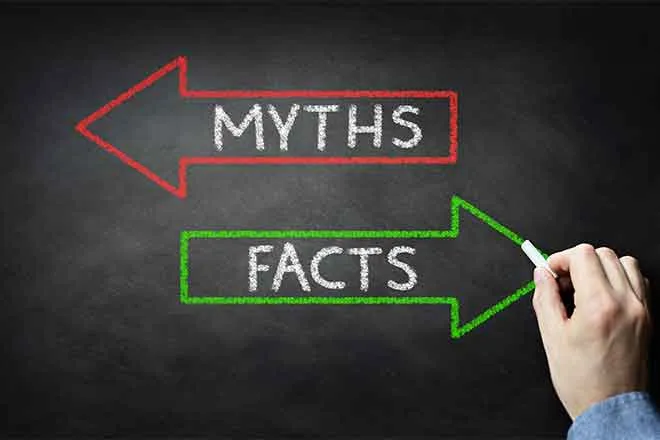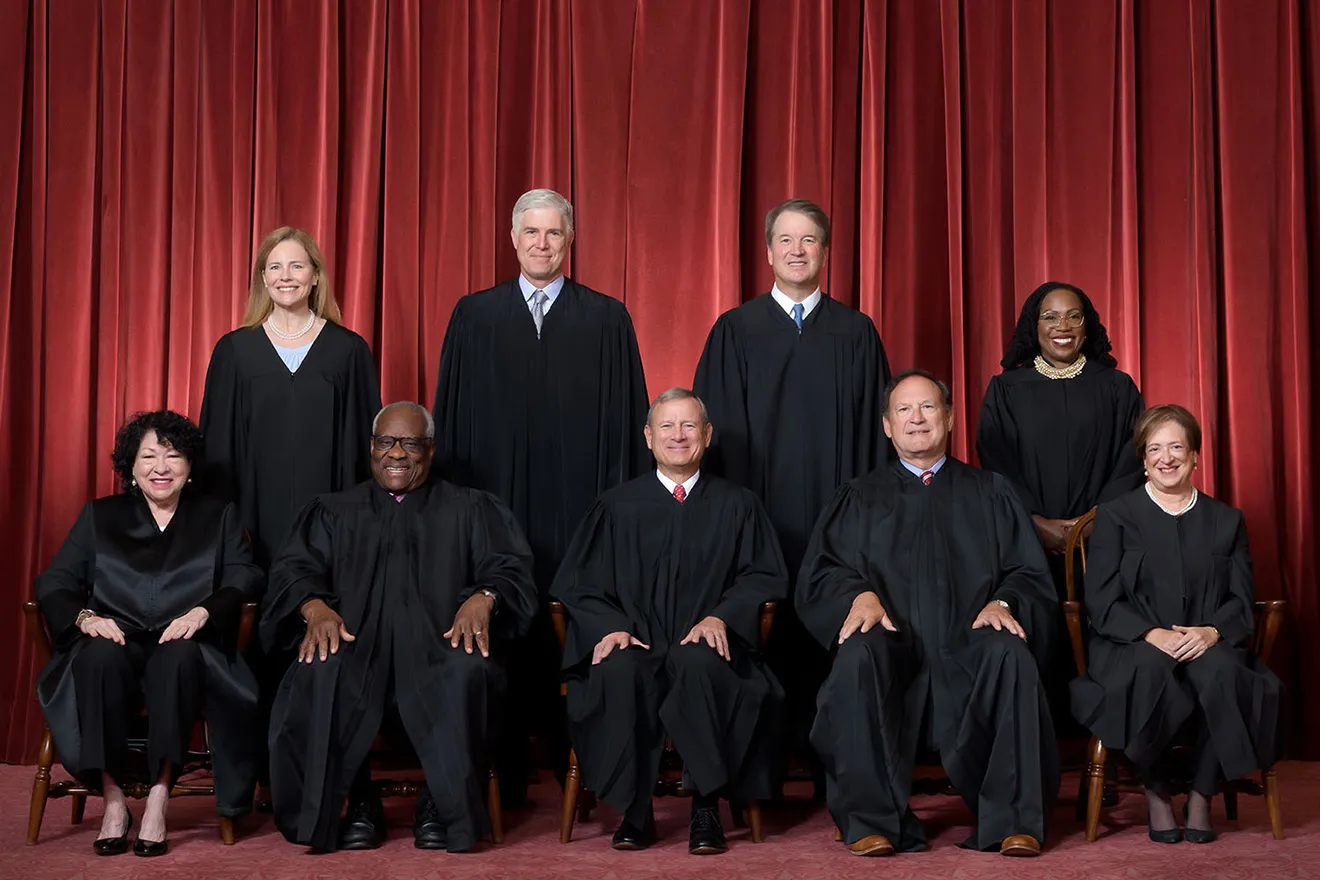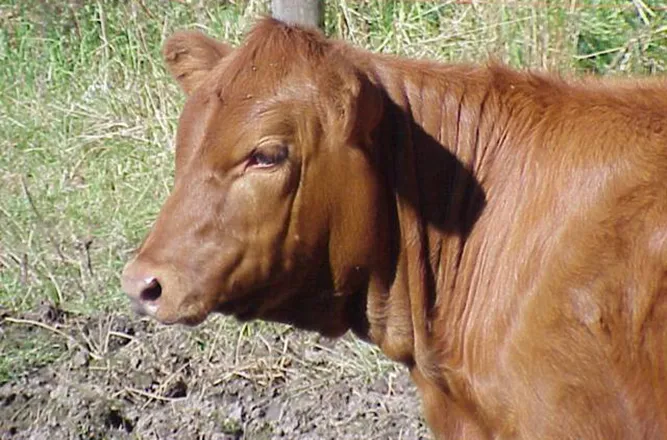
Survey shows continued apprehension among rural residents regarding COVID-19 vaccinations
(The Center Square) – A survey by a rural health organization regarding COVID-19 vaccines shows apprehension by many about getting the shot.
The National Rural Health Organization, with locations in Illinois, paired with the U.S. Centers for Disease Control and Prevention to find out how adults, parents and teens in rural areas feel about getting vaccinated.
Only 15 percent of rural adults and 14 percent of teens believe vaccines are good protection from diseases.
Nearly 40 percent of rural teens said they are concerned the vaccines may result in serious side effects, which Amy Elizondo, chief strategy officer with the NRHA, said is very revealing.
“We wanted to get perspective within these groups that we haven’t readily heard from, in particular rural teenagers, the first time they have been surveyed in this particular topic area,” Elizondo said.
Vaccination rates in many rural areas of Illinois lag behind urban areas, as many southern counties are reporting full vaccination rates lower than 40 percent, including in Alexander County, where less than a fourth of the population is fully vaccinated.
Thirty percent of adults surveyed said the information they receive about vaccines is reliable and trustworthy, but many were not so sure.
“When looking at barriers to vaccination, folks reported feeling overwhelmed by the information and misinformation,” Elizondo said.
Health care providers are the most trusted source for COVID-19 vaccine information across all three rural samples (71 percent+ say they trust their health care provider "a lot" or "some" when receiving COVID-19 vaccine advice or information), of the options tested.
When asked about their current level of concern about COVID-19 in general, 31 percent of rural adults said they were very concerned, while only 12 percent of teens reported the same.
This poll was conducted between Feb. 1 and Feb. 22 among a sample of 1,806 rural adults, 475 rural parents and 220 rural teens.

















